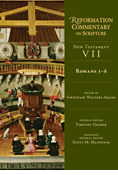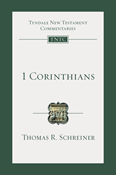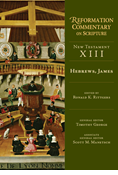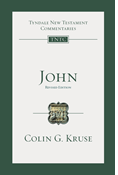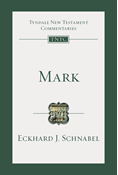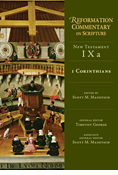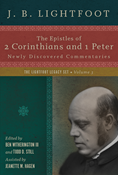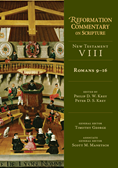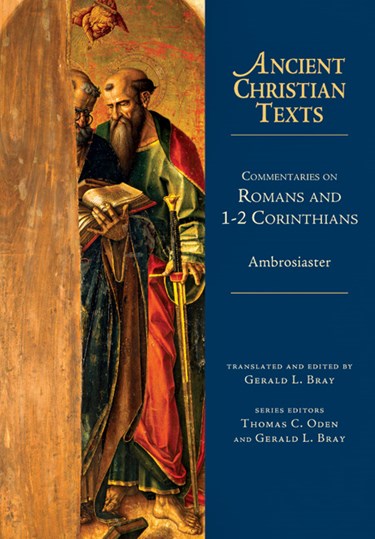
|
Commentaries on Romans and 1-2 Corinthians
hardcover
|
- Length: 300 pages
- Dimensions: 7 × 10 in
- Published: May 06, 2009
- Imprint: IVP Academic
- Item Code: 2903
- ISBN: 9780830829033
-
Other Retailers:
Amazon*
*affiliate partner
Ambrosiaster ("Star of Ambrose") is the name given to the anonymous author of the earliest complete Latin commentary on the thirteen epistles of Paul. The commentaries were thought to have been written by Ambrose throughout the Middle Ages, but their authorship was challenged by Erasmus, whose arguments have proved decisive.
Here for the first time Ambrosiaster's commentaries on Romans and the Corinthian correspondence are made available in English translation, ably translated and edited by Gerald L. Bray.
The commentaries, which serve as important witnesses to pre-Vulgate Latin versions of Paul's epistles, are noteworthy in other respects as well. Ambrosiaster was a careful and thoughtful interpreter, with little use for allegory, though he employed typology judiciously. Writing during the pontificate of Damasus (366-384), he is a witness to Nicene orthodoxy and frequently comments on themes related to the Trinity, the consubstantiality of the Son, the problem of the unbelief of the Jews and the nature of human sinfulness. He had a keen eye for moral issues and often offers comments that reflect his knowledge of how the church had changed from the time of the apostles to his own day.
This commentary offers a rich repository of insight into the thinking of pre-Reformation church leaders for the leaders and teachers of the church today.
Ancient Christian Texts are new English translations of full-length commentaries or sermon series from ancient Christian authors that allow you to study key writings of the early church fathers in a fresh way.
"This attractive volume is sure to find a home on many college, university and seminary library bookshelves. Those interested in the history of biblical interpretation in general or in the exegetical study of particular texts may find it worth consulting."
"Here for the first time Ambrosiaster's commentaries on Romans and the Corinthian correspondence are made available in English, ably translated and edited by Gerald L. Bray. I was truly impressed by the translations of this ancient text. This truly looks to be an example of translation work carefully done."



